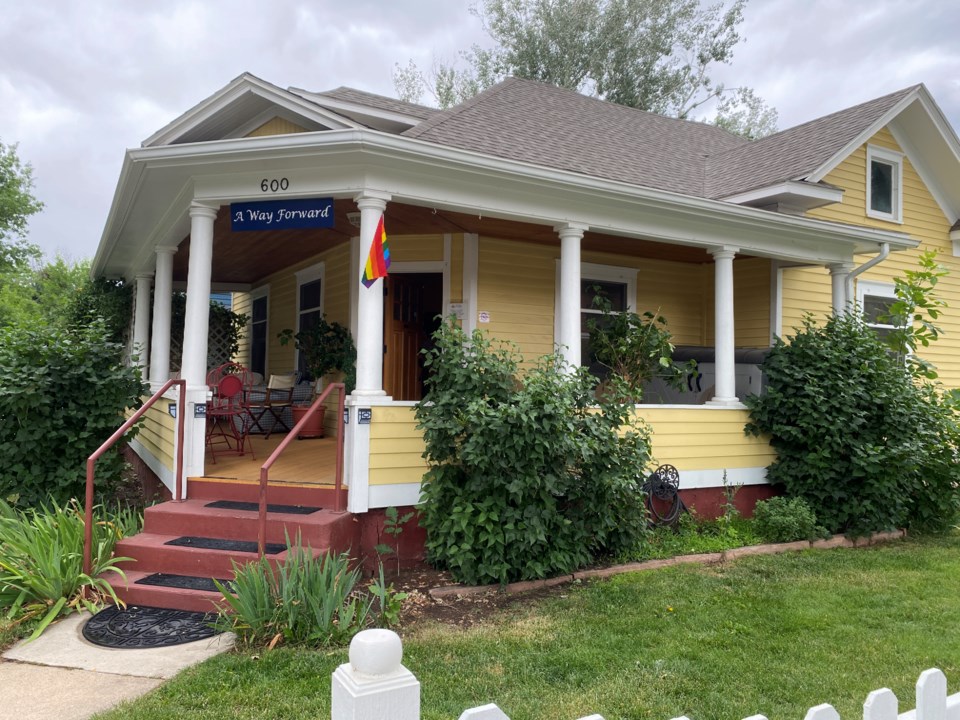Alejandro Rodriguez struggled with his own mental health issues for years before he sought out help. It is only now that he is able to talk about it and is ready to help others do the same.
While traveling his own mental health journey, Rodriguez said he felt he needed to keep it from his own mother.
“Because of the stigma and shame around mental health, I didn’t even know how to approach my mom and say something that is a positive thing to share,” Rodriguez said.
Shame and guilt coexist when it comes to mental health in all cultures but in communities of color “there is a longstanding belief in these communities that such concerns are taboo …” according to a research article by Victor Ray Armstrong, vice president of behavioral health at Behavioral Health Charlotte, Atrium.
“For me, it was really hard to come to terms that I needed to get help,” Rodriguez said.
His own journey inspired Rodriguez to begin working with an organization that promoted positive mental health services. In October, Rodriguez became the new bilingual outreach specialist for A Way Forward — a Longmont nonprofit organization that removes financial barriers to recovery from substance use disorders.
Located at 600 Terry St., the nonprofit welcomes people of all backgrounds into the clinic which was converted from a house.
The organization offers peer support and one-on-one sessions without judgment with a diverse group of counselors who have varied experiences including homelessness, being a veteran and having walked the road to recovery either themselves or with a family member, its website states.
A Way Forward offers support groups for veterans, recovery groups, individual and family support, mental and emotional health support, self-esteem and empowerment, wellness and community groups, harm reduction services and an intensive outpatient program — all of which are free.
Rodriguez is excited to offer help to those who speak Spanish.
“The access to bilingual, Spanish-speaking staff is not easy to find for our community, here in Boulder County or here in Longmont,” Rodriguez said.
Rodriguez is not yet certified to help people one-on-one but he is able to help moderate peer support groups in Spanish. He hopes to finish his certification soon, he said.
In the meantime, he wants the Spanish-speaking community or those who support the Spanish-speaking community to know that A Way Forward is there to help without judgment of citizenship status.
“That’s another challenge too for that segment of our community — to know that they can just come in, see us and we don’t ask for anything other than their name. They may give us their chosen name,” Rodriguez said.
Rodriguez hopes to be part of normalizing the conversation around mental health and sees his position with the organization as a great way to start.
“This is not something you need to be ashamed of,” he said. “There are places and people in the community that care for you and you can freely and comfortably talk to us without any type of judgment. You are not alone.”



